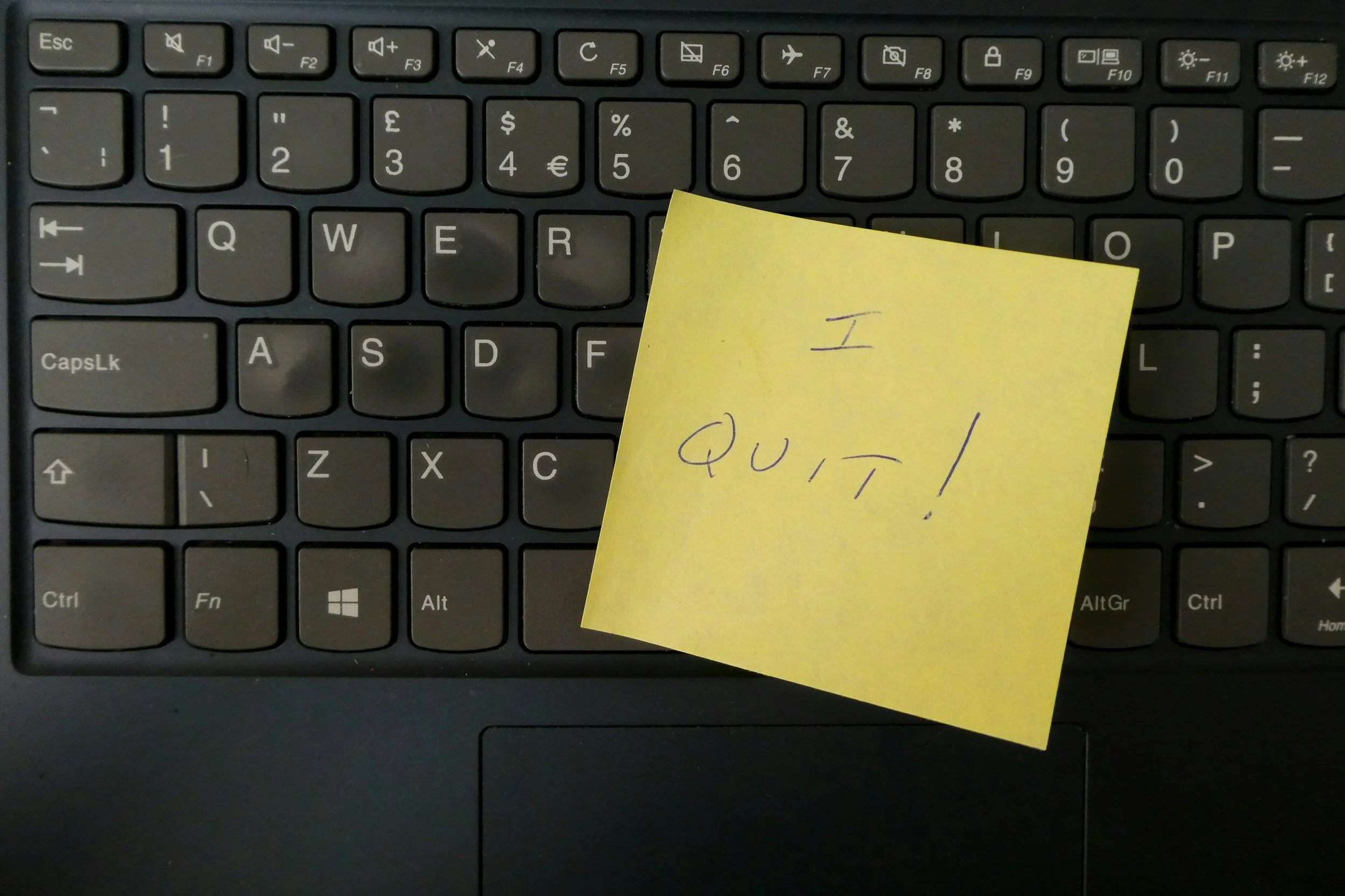Failure Is Our Greatest Teacher
When we experience failure it often floods us with feelings of disappointment, frustration, and sometimes shame. We perceive it as something negative; a setback, a moment where expectations fall short of reality. Because of the negative emotions that come with failure, it is something most of us try our hardest to avoid, even if it means not even attempting something in the first place. Yet, if we peel back the layers of failure, what we often find is a remarkable truth: failure is not the enemy of success but rather its most faithful companion. Failure can be our greatest teacher.
Failure As A Badly Wrapped Gift
Success stories often overshadow the struggles that lead to them. We celebrate the victories, the accolades, and the breakthroughs, but behind each triumph lies a series of mistakes, stumbles, and wrong turns. In these moments of failure, there is an unparalleled opportunity for growth and learning - we can embrace it as post-failure growth.
Failure encourages us to evaluate where we went wrong, to reassess our strategies, and to become more self-aware. Failure compels us to learn, adapt, and refine our approach.
Learning And Growing Because Of Our Mistakes
When we look back and reflect, we often find that our most profound lessons came from our biggest mistakes. When we fail, we’re pushed to ask questions: What went wrong? What can I do better? What did I overlook? These are the questions that fuel progress.
Failure sharpens our problem-solving skills. It nurtures resilience, perseverance, and creative thinking—skills that are critical not just in professional settings but in everyday life. Without failure, there is no challenge to overcome, no problem to solve, and no reason to grow.
Lessons In Resilience
Perhaps the most important lesson failure teaches is resilience. To succeed after failure requires a steadfast determination to keep going despite setbacks. This ability to bounce back, often called “grit,” separates those who give up from those who achieve long-term success.
12 publishers rejected J.K. Rowling’s manuscript for Harry Potter before it became one of the best-selling book series of all time. The truth is, that success is not defined by the absence of failure but perhaps because of it.
We Must Make Friends With Failure
One of the reasons failure is feared is because of the stigma associated with it. In many cultures, failure is seen as something to avoid at all costs. This mindset stifles innovation and creativity. If we’re too afraid to fail, we won’t take risks, and without risk, there can be no significant reward.
A crucial step in learning from failure is to change how we perceive it. Instead of viewing failure as an endpoint, we can see it as a stepping stone. It’s not a permanent state but a temporary detour on the path to success. The key is to embrace failure as part of the process, to treat it as feedback, to feel comfortable with it, and to ultimately use it to propel us forward.
Conclusion
Failure is not a badge of dishonor but a powerful tool for growth. It’s the raw material from which success is built, teaching us resilience, fostering creativity, and helping us to grow. Every failure presents an opportunity to learn, adapt, and evolve.
So, the next time you stumble or fall short of a goal, resist the urge to see it as the end of the road. Instead, embrace it as your greatest teacher—one that, if heeded, will lead you not just to success, but to a deeper understanding of yourself and your potential.



